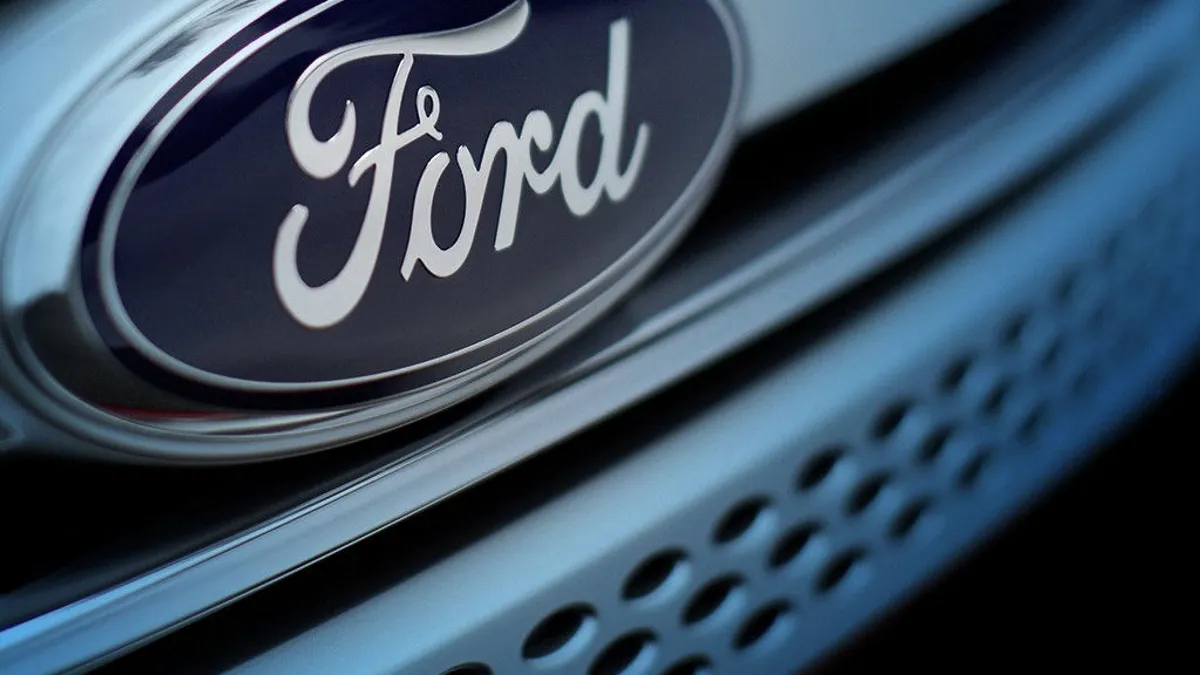Dive Brief:
- Ford Motor Company said “trust” is the “central challenge” in the development of autonomous vehicles (AVs), in a voluntary safety report the company sent to the U.S. Department of Transportation (DOT). The report, titled “A Matter of Trust,” says Ford plans to have a fully autonomous vehicle operating on roads in 2021, with a focus on commercial and government fleets.
- The report says Ford is introducing a number of redundant systems into its vehicles, including overlapping sensors and actuators for controlling the car to reduce the risk of failure. The cars will also come equipped with data recorders that can send reports of any accidents.
- Ford is the third company to send the voluntary reports to the government, following Waymo in 2017 and General Motors earlier this year.
Dive Insight:
Ford’s cautious approach reflects a lot of what consumers and regulators will want to hear about the development of AVs. Consumer acceptance has been mixed, especially since a fatal collision between a pedestrian and an Uber AV in Arizona in March. A June survey from HNTB Corporation found that 59% of people think AVs are not as safe as those driven by humans, and a new study from Cox Automotive found consumers now view AVs as less safe than they did two years ago.
Ford is up front in acknowledging the public's concerns about test vehicles, noting in the report that it trains all of its drivers and is currently sending out all cars with a two-person team for maximum safety. The report also details the company’s partnership with Pittsburgh-based Argo AI to design the car’s platform and safety systems.
The voluntary safety report was requested of all companies working on AVs by the Obama administration, and Transportation Secretary Elaine Chao reiterated the request when the Trump administration updated its AV policy.
Ford is trailing other companies — the 2021 timeframe for a launch is two years behind some competitors, although Ford says that its long history in the industry will help make cars that the public is confident in and are competitive, even if it is behind competitors. The company says it is “not in a race to be first to offer self-driving vehicles to the public,” and instead the “focus is on doing it correctly.”











